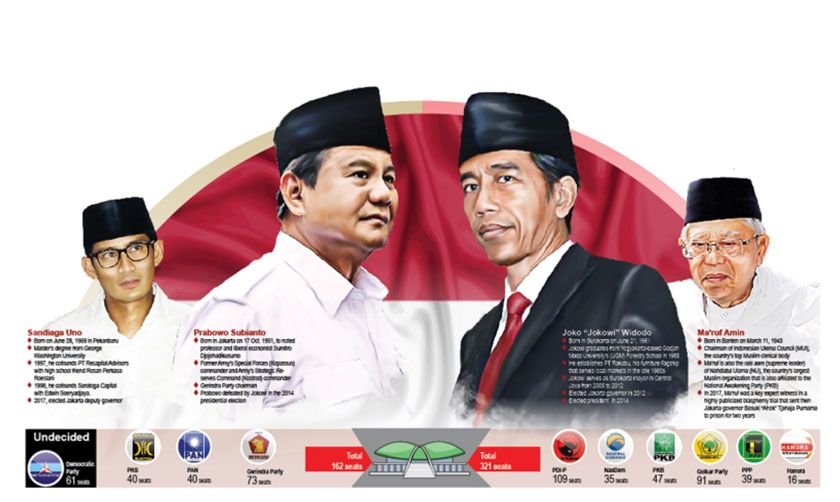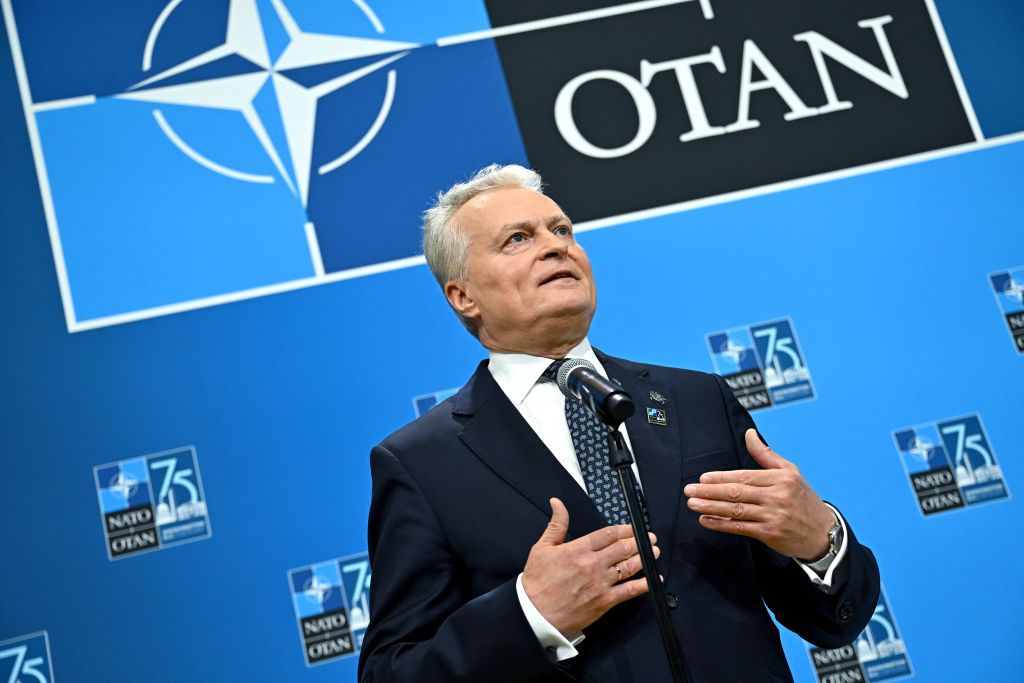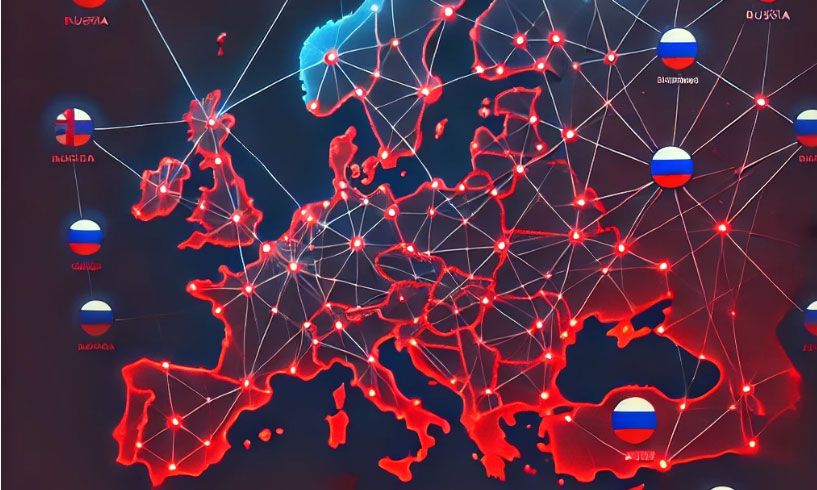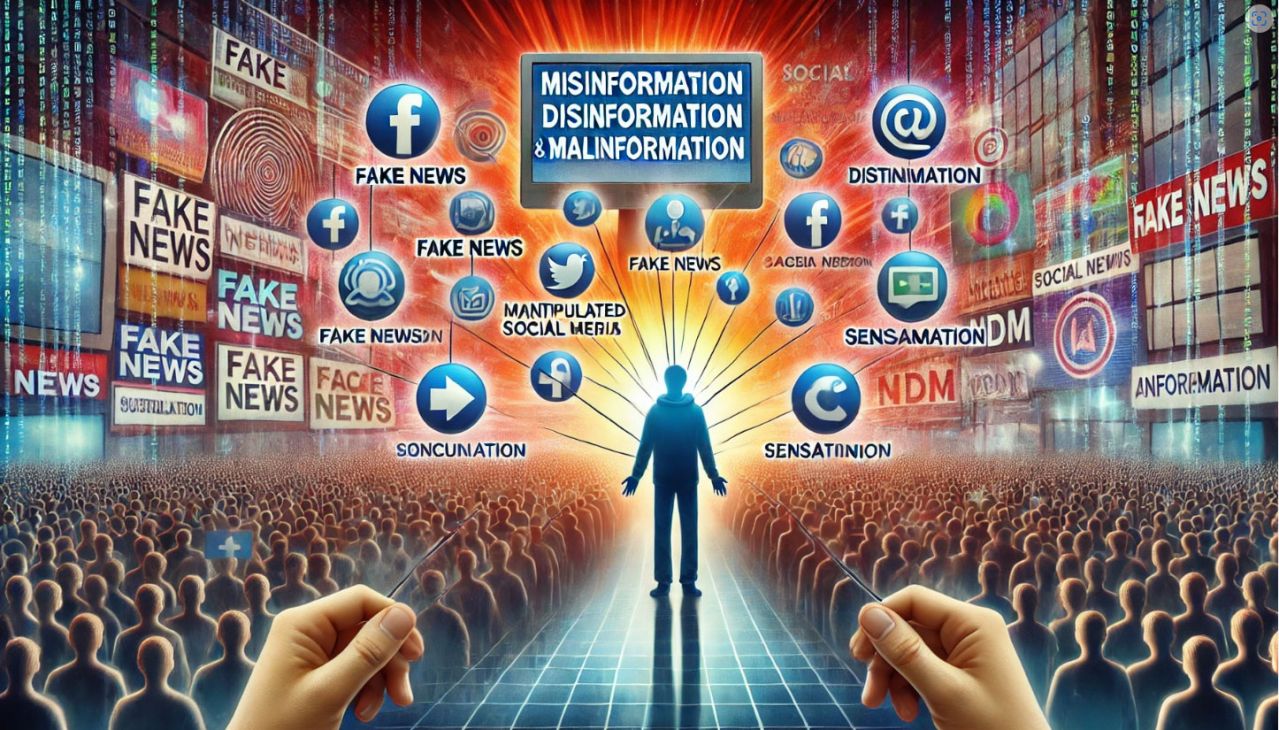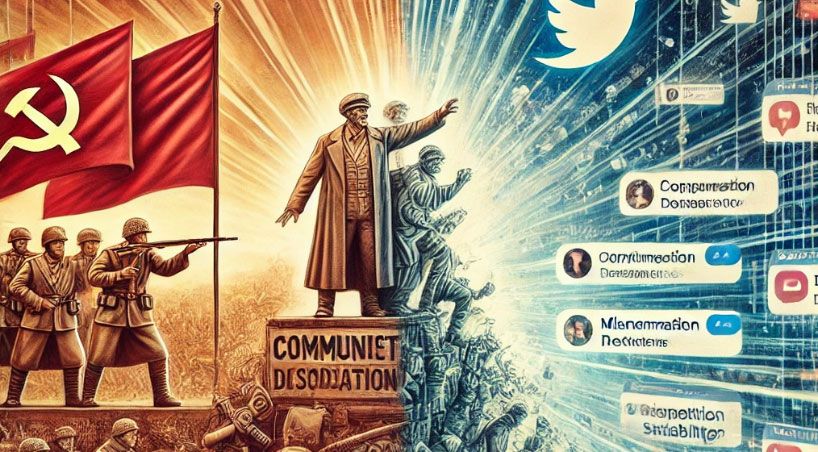Social media has emerged as the dominant battlefield for modern political campaigns.
In Indonesia, where over 150 million people were active on social media in 2019, platforms like Twitter, Facebook, and WhatsApp became key tools in political communication.
The study highlights how both major political camps—Joko Widodo (Jokowi) and Prabowo Subianto—used computational propaganda to influence voters, polarize opinions, and shift focus from substantive policy discussions to emotional identity-driven debates.
Methods
The researchers employed a mixed-methods approach to analyze the use of computational propaganda:
- Quantitative Data: Social Network Analysis (SNA) of Twitter activity revealed patterns in hashtag amplification, such as #2019GantiPresiden and #01IndonesiaMaju. SNA maps showed clusters of bot activity amplifying certain narratives, giving them undue prominence in public discourse.
- Qualitative Data: Literature reviews and expert interviews provided context for understanding how identity politics intersected with digital manipulation, emphasizing the cultural and political nuances exploited during the election.
This combination of data sources allowed the researchers to identify key trends and strategies, including the manipulation of identity-based narratives and the amplification of polarizing hashtags.
Results and Analysis
Propaganda and Social Media
Propaganda, traditionally associated with posters and speeches, has evolved into a sophisticated digital operation.
Computational propaganda combines big data, automated agents, and social media algorithms to create false narratives and manipulate public opinion.
The study emphasizes how this strategy was adapted to Indonesia’s unique political and cultural landscape.
Key Findings in the Indonesian Election
- Hashtag Amplification:
- Jokowi’s campaign promoted #01IndonesiaMaju to project progress and optimism, while Prabowo’s team pushed #2019GantiPresiden to position themselves as agents of change.
- Bots and automated accounts flooded platforms with these hashtags, creating a perception of widespread grassroots support. For example, these bots could tweet the same hashtag thousands of times per minute, overwhelming organic content.
- Identity Politics as a Tactic:
- Religious and cultural narratives were weaponized to polarize voters. For instance, the "Al-Quran reading test" portrayed Jokowi’s opponent as less devout, appealing to deeply ingrained religious values.
- Another example involved exploiting ethnic divides to paint candidates as either "authentic" representatives of the majority or as outsiders, depending on the audience.
- Buzzers and Influencers:
- A structured hierarchy ensured the spread of targeted narratives. Opinion leaders crafted messages, influencers amplified them, and buzzers aggressively pushed them across platforms.
- Buzzers, often paid modest fees for their efforts, were organized into WhatsApp groups where they received specific instructions, including scripts and timing for their posts.
- Stages of Propaganda:
- The study identified a systematic flow:
- Opinion leaders produced targeted narratives.
- Buzzers amplified these narratives to reach broader audiences.
- Content went viral, often with divisive and emotional appeals.
- Netizens unknowingly adopted and spread the narratives, influencing public opinion.
- The study identified a systematic flow:
Implications for Democracy
Erosion of Trust
Social media has democratized access to information but also fragmented public discourse.
Computational propaganda thrives on this fragmentation, creating echo chambers where emotional and irrational responses dominate over critical thinking.
In Indonesia, the proliferation of hoaxes, hate speech, and black propaganda further deepened divisions, eroding trust in democratic institutions.
The Rise of Post-Truth Dynamics
The study highlights how emotional appeals overshadow facts in the digital age.
Voters are increasingly swayed by identity-driven narratives rather than policy-based reasoning, making elections less about governance and more about polarizing debates.
Lasting Polarization
Beyond the election, these tactics continued to foster distrust between communities, particularly along religious and ethnic lines.
This post-election polarization suggests that computational propaganda has long-term societal effects, making reconciliation and unity more difficult.
Why This Matters to You
The strategies employed in Indonesia’s election are not unique to one country.
They represent a global trend in how computational propaganda is reshaping democracy.
Here’s why this matters:
- Manipulating Your Reality: Algorithms curate what you see online, often prioritizing content designed to provoke strong emotional reactions. This skews your perception of public opinion.
- Targeting Vulnerable Groups: Identity politics and divisive narratives can exploit cultural, religious, or social differences, affecting community cohesion.
- Threatening Global Democracy: The same tactics used in Indonesia are being replicated in elections worldwide, undermining trust in democratic processes.
How to Protect Yourself
- Understand the Tools of Propaganda:
- Learn how bots, influencers, and algorithms manipulate online discourse.
- Use tools like Snopes or PolitiFact to verify information.
- Promote Digital Literacy:
- Educate yourself and your family about how social media platforms curate content.
- Encourage critical thinking to differentiate between genuine and manipulated narratives.
- Support Transparency:
- Advocate for laws requiring platforms to disclose how their algorithms work.
- Push for accountability from tech companies regarding the misuse of their platforms.
- Avoid Amplifying Misinformation:
- Before sharing content, double-check its authenticity.
- Report fake accounts or harmful content to the platforms.
Conclusion
The 2019 Indonesian Presidential Election serves as a stark reminder of how computational propaganda and identity politics can distort democratic processes.
By understanding the findings from "Indonesian Case of Political Identity, Post Truth, and Computational Propaganda," we gain valuable insights into the hidden forces shaping our digital landscape.
Protecting democracy in the digital age requires vigilance, awareness, and collective action.
By staying informed and critically engaging with online content, you can play a part in safeguarding the future of informed public discourse.
Credits
This article draws extensively from the study "Indonesian Case of Political Identity, Post Truth, and Computational Propaganda," authored by experts analyzing the 2019 Indonesian Presidential Election.
You can access the original study on Academia.edu.
Additional references:
- Snopes for fact-checking misinformation.
- PolitiFact for verifying political claims.
- Media literacy resources from MediaSmarts.


